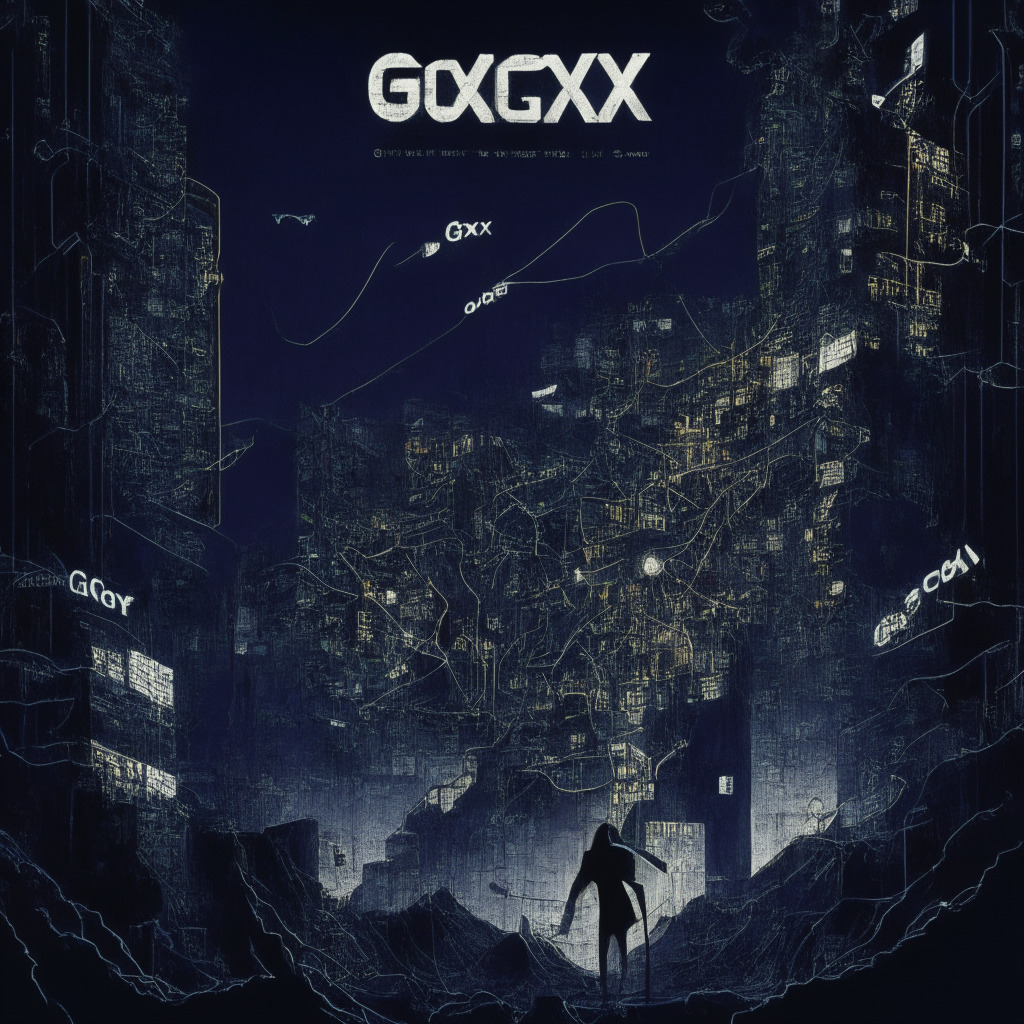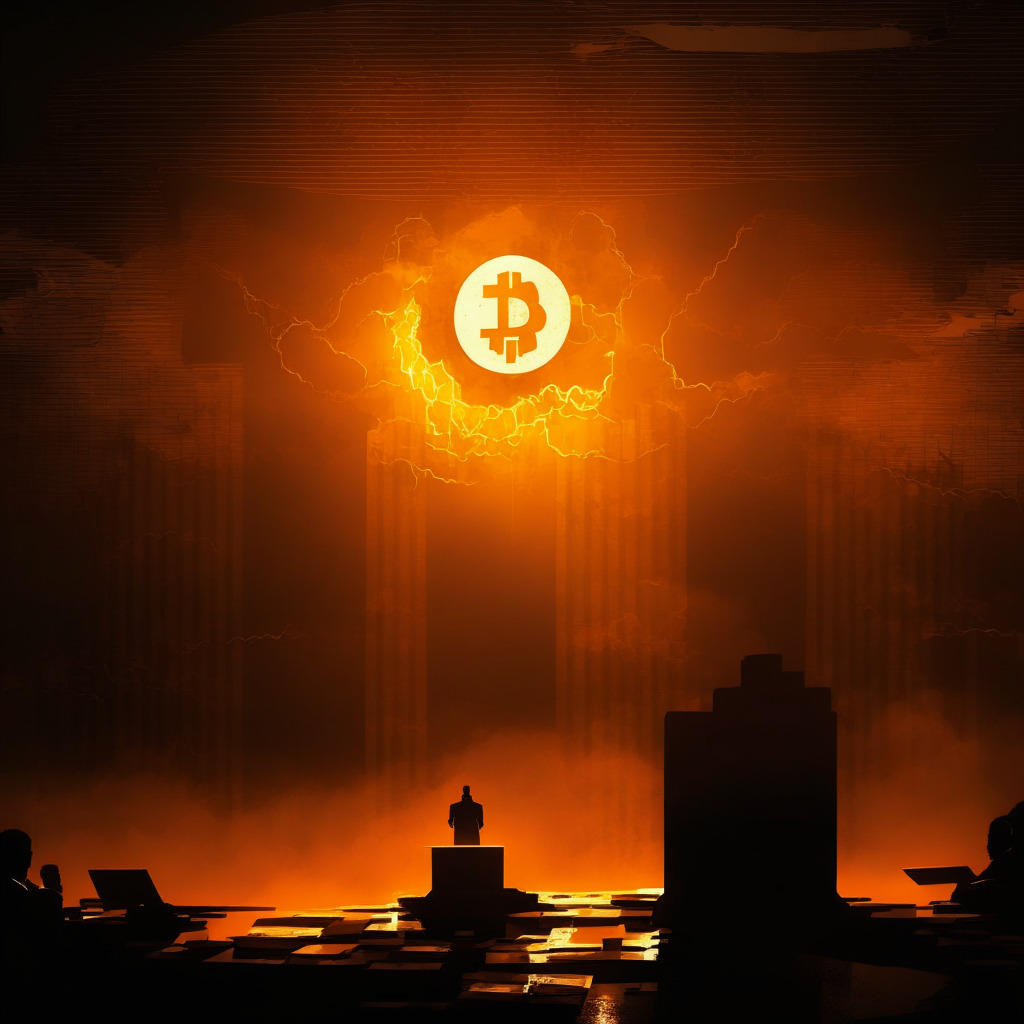The cryptocurrency world is still reeling from the effects of the Mt. Gox hack that took place between September 2011 and May 2014. The event led to the loss of approximately 647,000 bitcoins (BTC), making it the largest-ever disappearance of bitcoin in both cryptocurrency and dollar terms at that time.
Recently, the US Department of Justice (DOJ) unsealed charges against two Russian nationals, Alexey Bilyuchenko and Aleksandr Verner, for conspiracy to commit money laundering. The duo has been accused of being behind the massive theft from Mt. Gox, which contributed to the exchange’s ultimate insolvency. Bilyuchenko also faces another investigation from the Northern District of California, alleging he had worked with Alexander Vinnik to operate the notorious BTC-e virtual currency exchange from 2011 to 2017.
The claims additionally tie Bilyuchenko to bitcoin launderer Vinnik, who was charged with a 21-count indictment in 2017, alleging he had laundered over $4 billion in bitcoin through BTC-e. Last August, Vinnik was extradited to the US to face charges.
The Mt. Gox incident and the recent charges raise questions about the security of cryptocurrencies and the role of such exchanges in money laundering and cybercrime.
On one hand, cryptocurrencies bring ease of transaction and a decentralized global financial system. Furthermore, proponents argue that innovations, such as decentralized finance (DeFi), provide access to financial services for unbanked and underprivileged populations worldwide. They are seen as the future of finance, with potential for growth and development.
On the other hand, critics contend that the anonymous nature of cryptocurrencies facilitates money laundering, terrorist financing, and other illicit activities. The challenge then becomes striking the right balance between promoting the use of cryptocurrencies for their many benefits and ensuring sufficient regulations to curb malpractices.
The unsealing of the charges against Bilyuchenko and Verner serves as a stark reminder that not all aspects of the cryptosphere are pristine. It also raises questions about the effectiveness and adequacy of current regulations in addressing such issues.
The Mt. Gox saga will continue to be a touchstone for conversations regarding the safety, security, and integrity of cryptocurrency exchanges and the robustness of regulatory frameworks. As new use cases and innovations emerge, the industry must continually evaluate and address such concerns to ensure progress, while safeguarding the interests of their users and the global financial system.
Source: Blockworks




